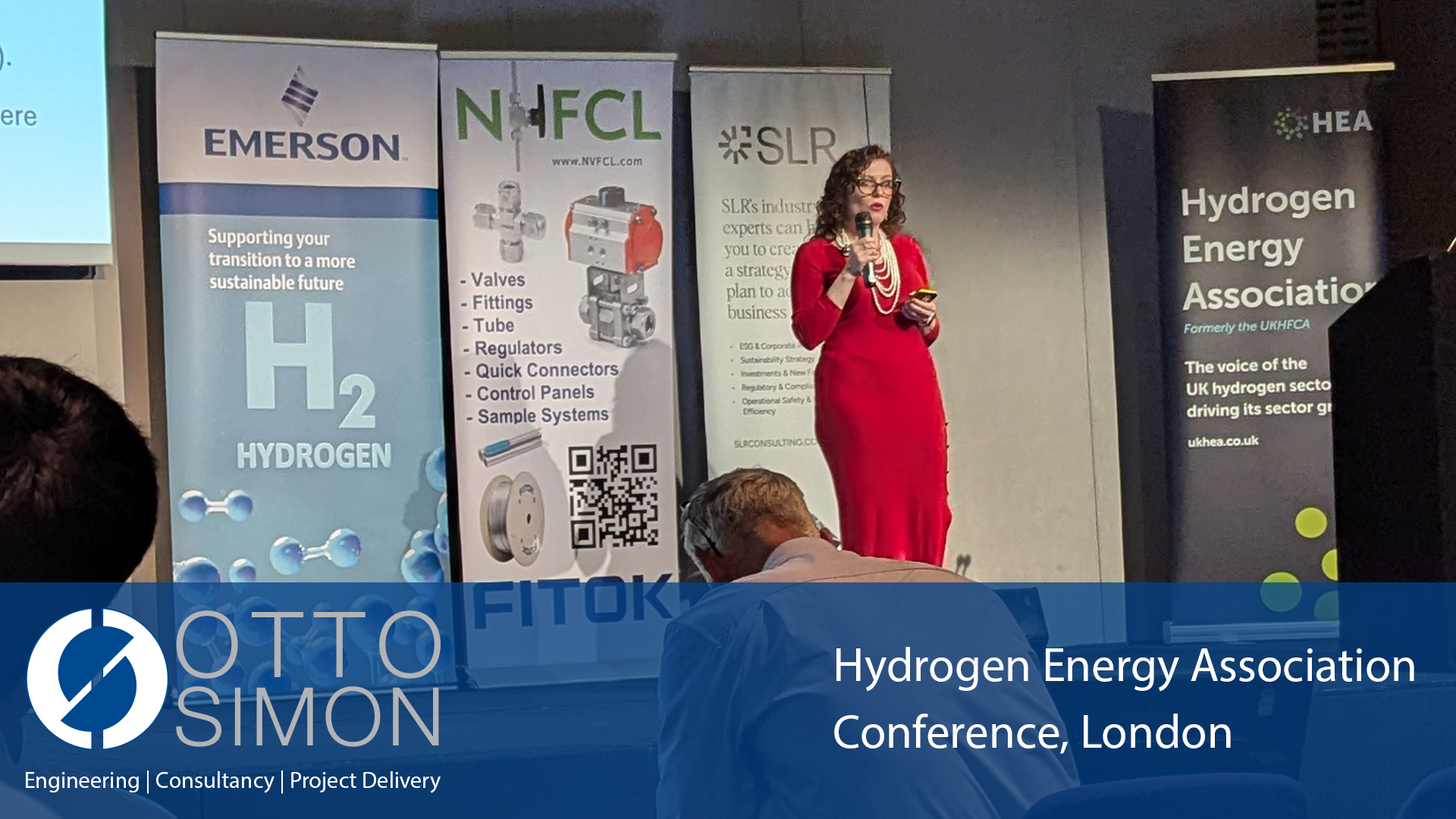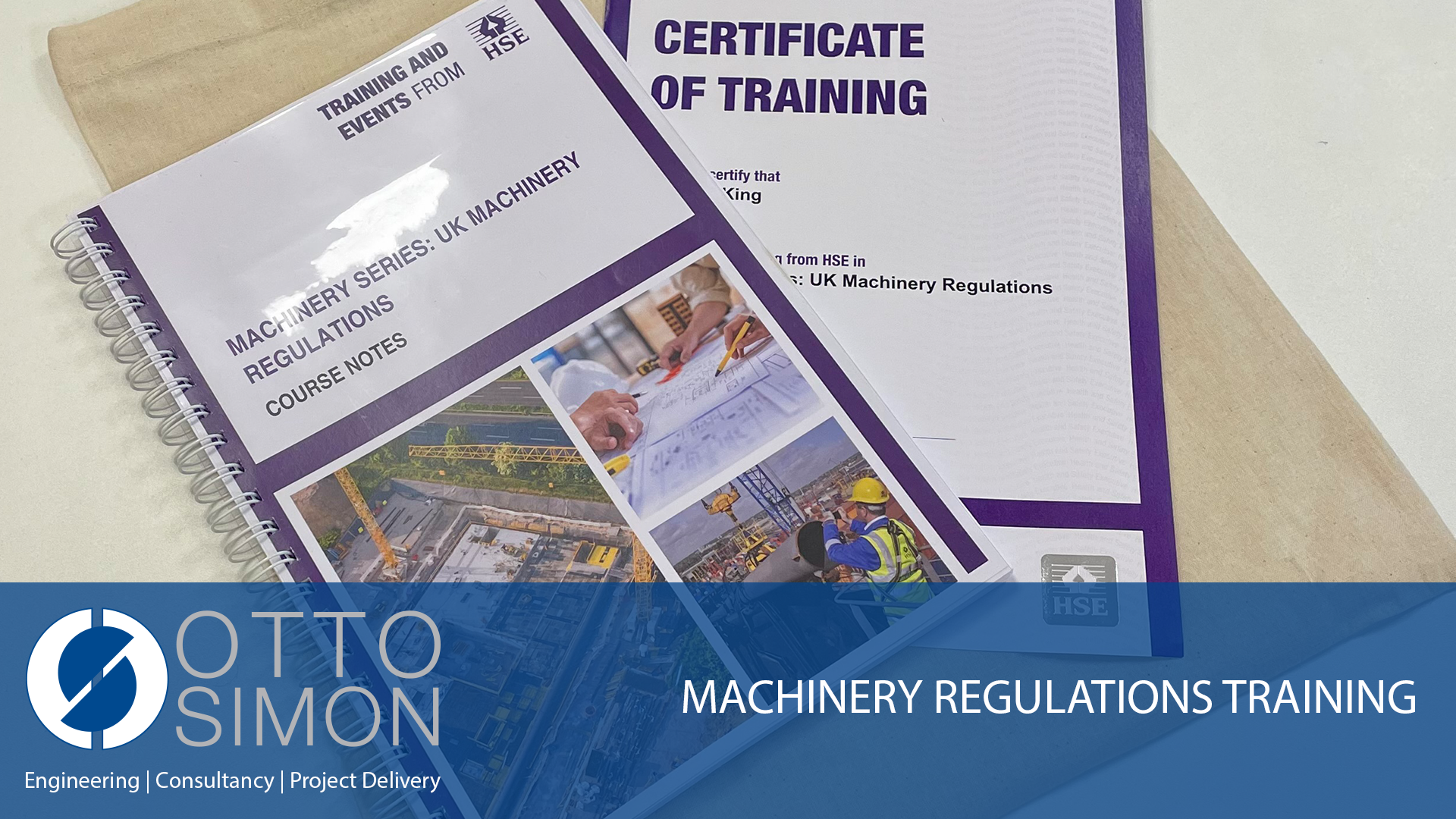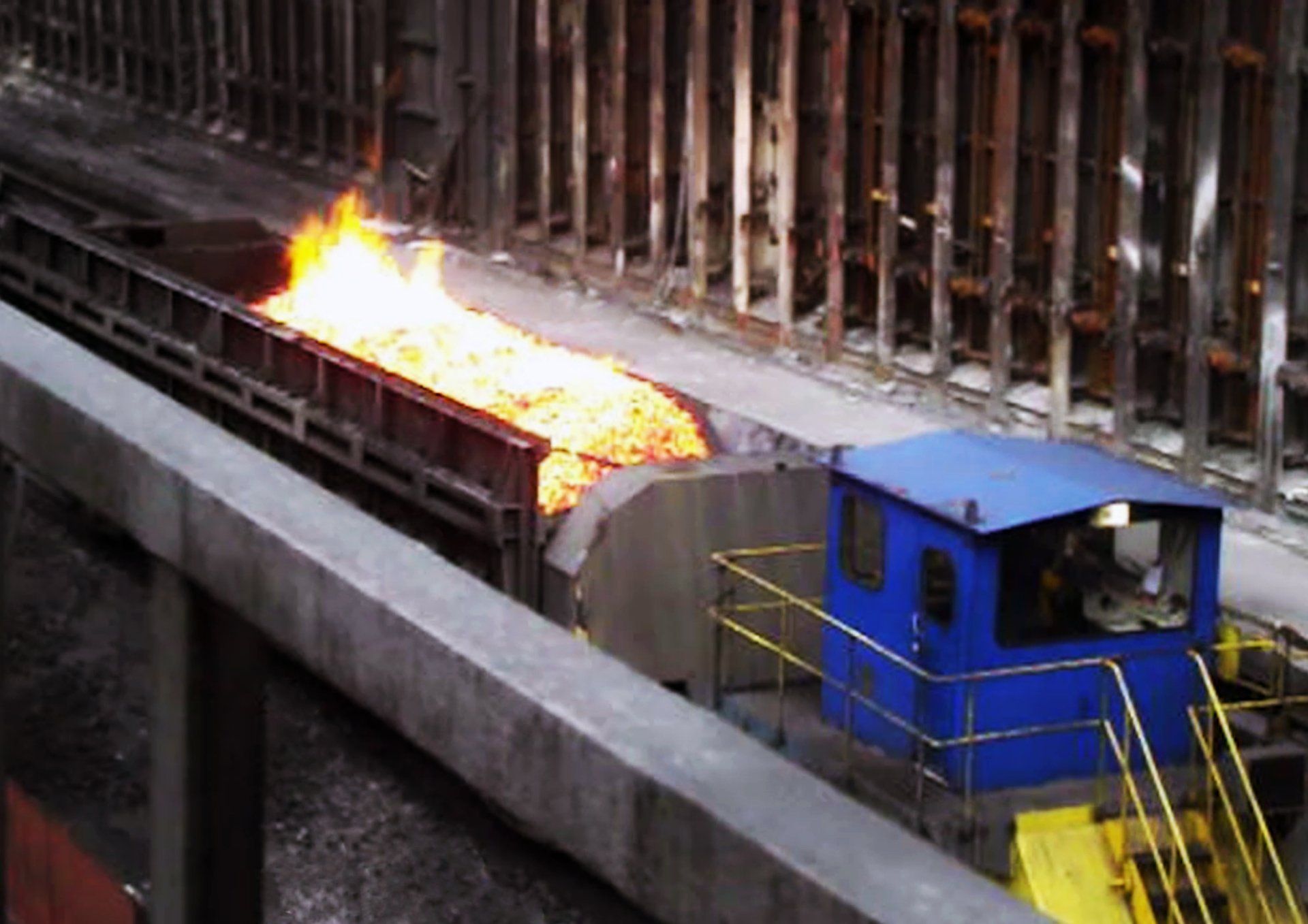First Push at ACO
Otto Simon Ltd • September 5, 2016
Battery 3 of the Appleby Coke Ovens (ACO) at Scunthorpe, is back in business!
The first push of the newly restored battery was conducted in late July after an extensive recovery project which included the replacement of all 33 oven door frames, pulman valves and ascension pipe assemblies, and service pipework. In addition to this, several end flue repairs and extensive ceramic welding of the oven refractory was carried out.
The project took more than 250,000 man-hours to complete and was achieved whilst working between 2 live batteries with minimal disruption to normal operations; which enabled continued production of coke for British Steel’s blast furnaces.
The battery had been steadily declining in its ability to produce coke and gas, and was struggling to produce enough coke to sustain the blast furnaces. In December 2015 the decision was made to ‘Hot Idle’ the battery (hold the battery at a temperature of 950°C while the work was carried out) and repair works commenced in January 2016.
Otto Simon carried out the majority of the project, acting as Principal Contractor under CDM 2015. Nick Shaw, Otto Simons’ Head of Coke, Construction and Commissioning said: “It’s been a pleasure to work with British Steel on this project. We forged a strong and productive working relationship to make sure the project was delivered safely and on time. Despite challenges of working between operational batteries, a tremendous amount of effort and engineering has gone into bringing battery 3 back into production with a greatly improved environmental performance."
Otto Simon’s hard work and the coordination between project teams has been praised by British Steel’s Recovery Team Leaders, Chris Peill and Dale Cryer. Dale said "Every single person involved in the project should feel proud with what we've achieved”, with Chris commenting: “There was fantastic cooperation between production teams and the rebuild contractors to get the project finished on time.”
Thanks to the recovery project, the plant’s production volume of coke has almost doubled from 4.5kt to approximately 9kt. Jim Worsely, Plant Manager ACO said: “The combined benefit of coke and gas production from battery 3 will be approximately £12m year on year. ACO has had a very challenging but productive 12 months. Delivering a 50% improvement in our safety performance along with nearly doubling the plant output is an incredible achievement. The team at ACO has a lot to be proud of."
The project was not without its difficulties. Working between two live ovens provided numerous health and safety risks which were expertly managed during the project thanks to the additional control measures put in place. "During this phenomenal project, the only 'injury’ we had was a small blood blister, which is absolutely incredible and shows how dedicated the guys were," said Jim. The additional measures put in place for this project are now being rolled out across the rest of ACO’s operations.
Jon Campbell, ACO Recovery Manager told Steel Matters, British Steel’s in-house magazine: "It gives me great pleasure to see the end of the phase of battery 3. It's personally been one of the most difficult challenges - to make sure a project, a live recovery and the prime manufacturing process was planned in such a way that all parties achieved their goals."
The project was a huge success for all involved and shows a commitment to the future of the Scunthorpe site. British Steel will now start to look at repair works for Batteries 1,2 and 4. Otto Simon was delighted to work alongside British Steel on this project, and is looking forward to further collaborations on this site in the future.
Back to Blog


 Show More
Show More
Recent Blog Posts

At Otto Simon, we’ve been carefully reviewing the UK’s Modern Industrial Strategy 2025 to understand the potential impact on the sectors we serve — and, more importantly, how this may affect our clients and partners. While we highly recommend reviewing the full strategy yourself at The UK's Modern Industrial Strategy 2025 - GOV.UK , here are the main take-away points from Otto Simon’s perspective: Chemicals Sector The strategy outlines several important proposals aimed at supporting the UK’s chemicals and manufacturing industries. Key areas of focus include: Reducing Industrial Electricity Costs – The government aims to expedite grid connections for new power generators and increase investment in green energy. In addition, continued support for the Energy-Intensive Industries Compensation Scheme is planned. For many Otto Simon clients who rely on high volumes of energy for their operations, these measures could significantly lower overheads. Historically, UK industry has faced much higher electricity costs than many international competitors — so this change should improve both competitiveness and investment potential. Easing the Regulatory Burden – Otto Simon supports clients in meeting both legal and moral obligations around safety and compliance. While regulation remains essential for managing risk in high-hazard environments, unnecessary administrative burdens often create inefficiencies. Although further detail is awaited, we will continue to monitor developments and help our clients interpret and implement any changes to legislation or industry standards. Improving Infrastructure and Planning Processes – The strategy includes proposals to reduce planning barriers and invest in key infrastructure. Improved logistics and access to essential inputs can enhance operational reliability and help maintain competitiveness across the chemicals sector. Hydrogen Sector The government has reaffirmed its commitment to clean energy — including hydrogen — by doubling investment in the sector. This aims to strengthen the UK’s position as an early leader in the hydrogen economy, particularly in technologies such as electrolysers and engineering services. The transition from natural gas to hydrogen represents a key component of the UK’s future energy strategy, with significant potential for decarbonising industrial processes. Otto Simon continues to support clients seeking to integrate hydrogen as a viable fuel source and remains actively involved in the delivery of practical, large-scale hydrogen solutions across heavy industry. This includes supporting the development of projects under the UK’s Hydrogen Allocation Rounds (HAR1 and HAR2), which aim to bring low-carbon hydrogen production to commercial scale. Industrial Biotechnology Sector Otto Simon has a strong track record in supporting innovative companies working in fermentation and biotechnologies. While the 2025 strategy does not explicitly target industrial biotechnology, adjacent sectors — such as pharmaceuticals and clean energy — are likely to benefit from broader support measures. We acknowledge that the UK/US trade agreement may impact the competitiveness of certain bio-based fuels such as bioethanol, but the UK remains home to a vibrant innovation ecosystem. Otto Simon stands ready to assist these organisations in developing technologies that support the UK's sustainable future ambitions. Emergent Technology Sector The strategy makes clear the government’s ambition to support the entrepreneurial ecosystem — a key segment of Otto Simon’s Emergent Technology client base. Key initiatives include: Driving Innovation – The government is looking to incentivise collaboration between academia and industry, fostering innovation-led growth across the UK. With many ground-breaking technologies historically relocating abroad due to high costs, the government’s goal is to retain and nurture these businesses within the UK economy. Improving Access to Finance – Through grants, loans, and tax relief schemes, the government intends to support early-stage and high-growth businesses. Expanding access to funding can help these companies commercialise innovations and scale operations. Otto Simon continues to support emergent technology enterprises — offering expertise from concept design through to deployment — ensuring engineering and process challenges don’t slow down innovation. Conclusion The 2025 Industrial Strategy signals a renewed focus on long-term government support for UK industry — particularly in innovation, clean energy, and manufacturing. Otto Simon will continue to track these developments closely, working alongside our clients and partners to ensure they remain informed, prepared, and positioned to benefit from the evolving industrial landscape.

Otto Simon recently attended the Hydrogen Energy Association (HEA) annual conference in Westminster, London, a key event for the hydrogen industry. The conference featured a keynote speech by Sarah Jones, UK Government Minister of State for Industry and Net Zero , highlighting the government's commitment to this crucial sector. Our team had the invaluable opportunity to hear directly from industry-leading hydrogen experts , gaining first-hand insights into the latest policies and government funding initiatives. This direct access to information is vital for staying at the forefront of hydrogen advancements. Congratulations to Clive Mansfield and Clare Dunkerley from our team, who actively participated in the networking sessions, engaging in discussions about hydrogen and safety —a critical aspect of our work. They also gathered useful information that will directly benefit our ongoing hydrogen projects.

Here at Otto Simon, we're committed to staying at the forefront of safety and compliance in Process Plant projects. That's why two of our seasoned principal engineers, Mike Wray and Mike Westerman, recently attended a crucial refresher course on machinery regulations at the HSE Science and Research Centre. In the world of Process Plant projects, it's common to encounter machinery assemblies where vendors don't provide a declaration of conformity. With the recent publication of the new EU Machinery Regulation 2023/1230/EU, it's more important than ever to be on top of the latest guidelines. This ensures we can continue to offer our UK-based clients the best advice on their responsibilities and how to apply conformity assessments when machinery risks are present. This applies to both new equipment and the repurposing of existing machinery. Considering there are over 800 standards related to machinery design, our approach is meticulous. We utilise a thorough hazard identification process to carefully evaluate risks and implement best practice safety mitigations in all our designs. This proactive approach helps us ensure the highest level of safety for your projects. Please get in touch for assistance.


